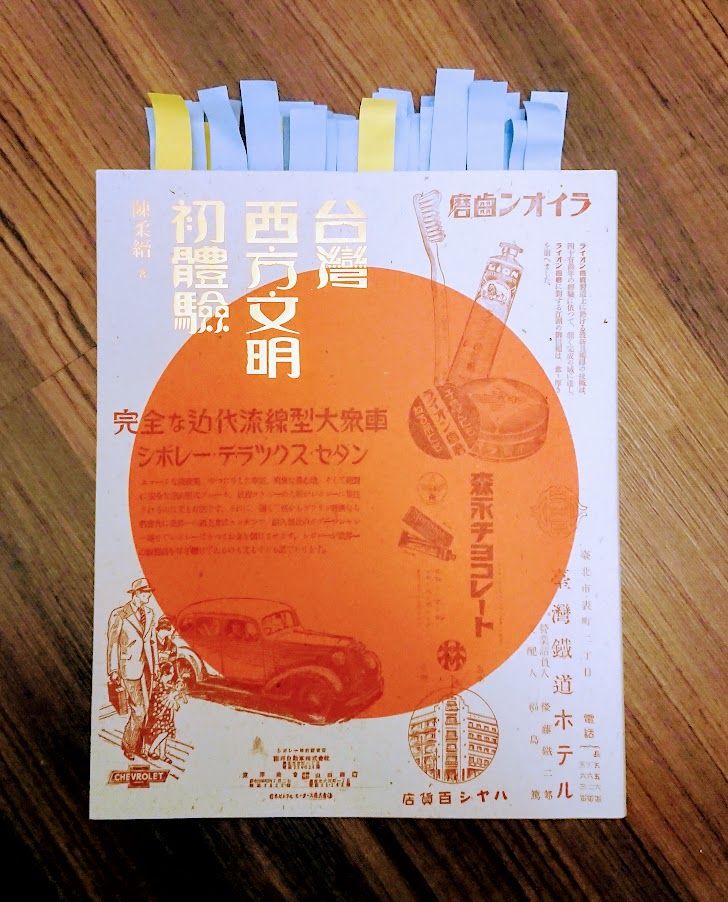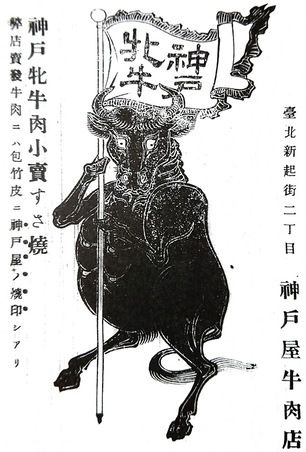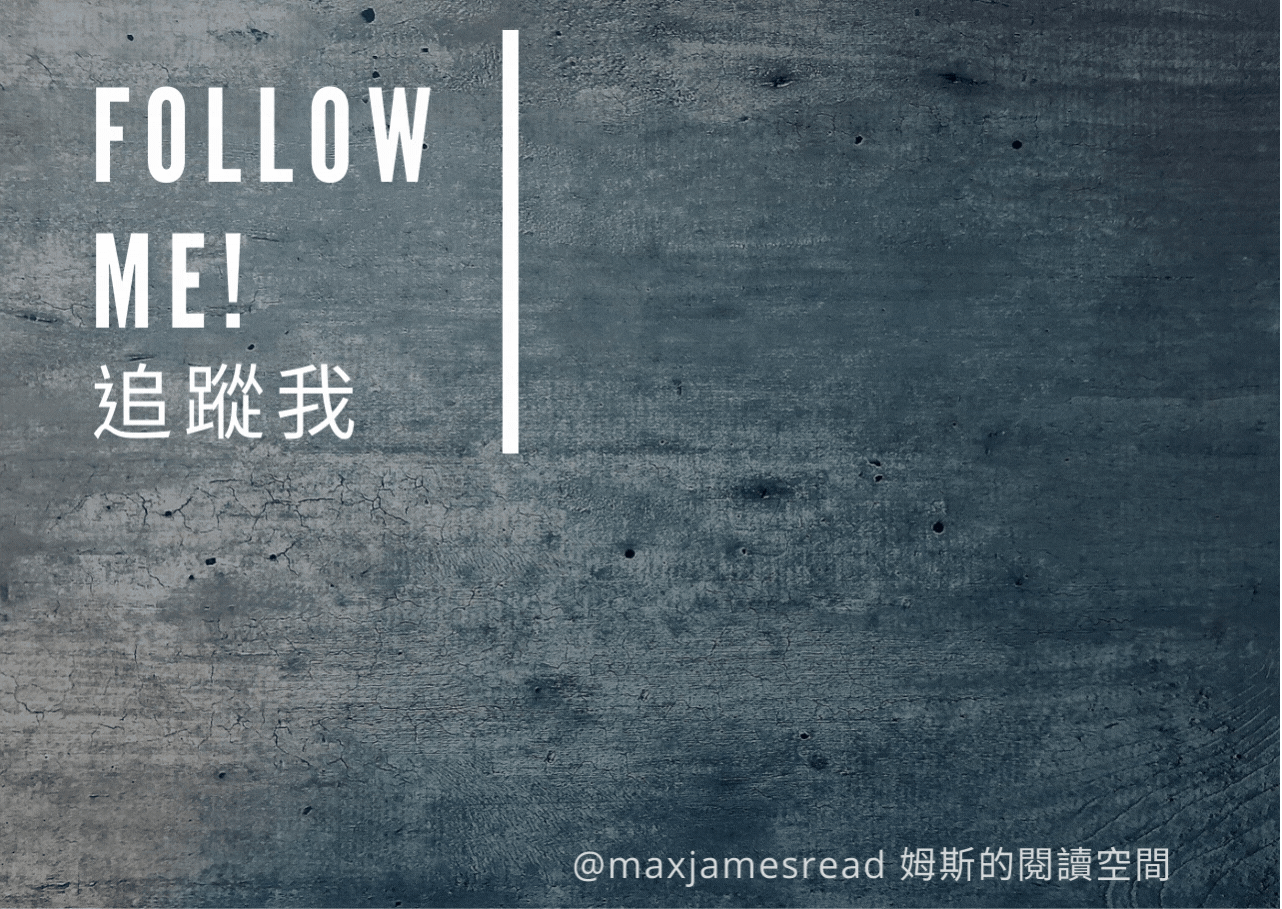"First Experience of Western Civilization in Taiwan": How did the modernization train enter Taiwan?

Have you ever wondered how the various modern products around you came from? When everyone wakes up early in the morning, they go to the "toilet" to take a "toothbrush" to brush their teeth and rinse their mouths with "tap water". Go out, drive the "car" to work, and complain about the traffic jam on the "road". Eat "beef" soup for lunch, and eat "chocolate" in the afternoon. In the evening, I went to "exercise" with three or five friends after a long absence. These things that are accustomed to for a long time are very rare in the life of our ancestors.
This "First Experience of Western Civilization in Taiwan" is a light and interesting history book. The author Chen Roujin uses vivid brushstrokes to introduce nearly 50 modern things from the aspects of food, daily necessities, and social culture. Take you to understand how these things that have long been indispensable in modern life came into the sight of Taiwanese. This article will pick 5 samples to share with you.
【1. Beef】
It is not uncommon to eat cows now, but I believe that many elders in the family still have taboos not to eat cows, and there are reasons for such "taboos". In the past, cows were very rare, and they were the main tool for making a living in rural areas, so naturally they could not be eaten indiscriminately. In the Qing Dynasty, there was even a ban on not killing or eating cattle, for fear that everyone would destroy the good helpers for farming because of gluttony.
And such a culture of not eating cattle encountered challenges during the Japanese occupation.
The Japanese did not eat beef before, but after the Meiji Restoration, in order to completely westernize, the emperor took the lead in eating beef. Later, the culture of eating cattle like this also spread to Taiwan with the Japanese rule. In the second year of the Japanese occupation, the beef restaurant "Yixinshe" opened, and by 1899, there were 9 special beef restaurants around Taipei City. However, the transformation of Taiwan is not as complete as that of Japan. After the war, many people still follow the tradition of not eating cattle.
Picking beef to share is actually associated with my own work experience. There are many taboos in the semiconductor industry, one of which is "you can't eat cows in the inspection machine", otherwise the machine will not behave well. But after a few times of forbearance and the machine still exploding, I have given up this taboo (laughs).

【2. Toilet】
Toilets are a necessity of modern life. But in fact, until the end of the 19th century, most people in Taiwan were liberated everywhere, and they could "toilet" in fields, under trees or by wells; women were not suitable for "wild release", so they kept a big urine bucket at home. It was not until after Japan acquired Taiwan that it began to intervene with public power to force the change of these toileting cultures.
As early as when Japan took over Taiwan, and before the battles of resistance were settled in various places, they began to ban fines for free defecation. In 1986, when Zhan Zhen and Lin Licheng fought against the troops in Nangang, they listed eight "crimes of Japanese aggressors." The pursuit of freedom and "liberation" turned out to be a reason to resist Japan, which is very interesting.
Of course, banning it blindly is not the answer. Japan has also built public toilets to change the habits of Taiwanese from the supply side. In May 1897, Taipei's first public toilet (then called "Common Toilet") was born. Since then, Taiwan has gradually gotten rid of the habit of urinating everywhere.

【3. Christmas】
Christmas is now a big holiday, and every December, it can be said that everywhere is immersed in the red and green atmosphere of Christmas. Of course, there was no Christmas in the old Taiwanese culture, so how did this Western event enter Taiwan?
The first impression may be that it is through preaching. But the book says there are virtually no Christmas records of early Christian missionary activity. "The Biography of Pastor Kai Ruili" mentions that Ma Kai is against "celebrating" Christmas, fearing that the festival will be secularized.
In fact, the custom of celebrating Christmas came from Japan. According to the report of "Taiwan Daily News", the author found that a lot of Christmas-related news could be found between 1913 and 1931, showing that Christmas had taken root in Taiwan at that time.
But the gradual secularization of Christmas came after the war. Both Chiang Kai-shek and his wife are devout Christians, and they are very enthusiastic about Christmas activities, and they have their own inspiration for the society to accept Christmas. The National Government has also held Christmas events for many times. For example, Chairman Wu Guozhen of Taiwan Province once hosted a banquet for all provincial members on Christmas Eve in 1951. Over time, Christmas has grown into what it is now.

【4. Exercise】
From Taiwan to the end of the Qing Dynasty, the only people who were "moving" were the common people who had to work to earn a living. The gentry only smoked opium and recited poetry, but had no concept of physical fitness.
This tradition of emphasizing civility over martial arts was forced to be reversed during the Japanese occupation. Japan adopted a thorough imitation of Taiwan's westernization and planned to build a "Western Civilization Sample House" in Taiwan. As a result, various sports skills, such as gymnastics, games, baseball, and tennis have been "moved" into the lives of Taiwanese.
At that time, Taiwan even had to pass a physical fitness test for the entrance exam. In the book "Oral History of Jianong", alumnus Chen Baode mentioned that only after passing the physical fitness test can he take the written test. Projects include 100 meters, long jump and pull-ups. If the physical fitness is unqualified, no matter how good the grades in elementary school are, you can only go home and eat yourself.
It is a pity that this spirit of attaching importance to sports does not seem to have been passed down. It seems that Taiwan only has the Olympics or the World Cup once a long time, which can arouse everyone's sports soul.

【5. Professional women】
It is quite common for girls to work in the workplace nowadays. However, before 1860, the main economic force of Taiwan was rice and sugar, resulting in limited occupational differentiation, so women could not go out to work and become a source of income.
Until the signing of the Treaty of Tianjin, Taiwan opened many ports as trading ports, which led to the rise of tea trade. Under the need of manpower, tea picking women became the first obvious "occupation" for women.
During the Japanese occupation period, the modernization program increased, and the occupational program for women was broader. In 1900, civilian telephones began to exist in Taiwan, and the job of operator was taken over by women. In 1922, the private bus began to operate, so private female drivers also began to show up on the front of the bus.
However, the book mentioned that women's education at that time still focused on developing good wives and mothers, and there were too many family affairs courses. Many elite women give up their careers after marriage. For example, Huang Kunqing, a famous girl from Tainan, originally studied dentistry in Tokyo, but was asked by her husband Zhu Zhaoyang to give up after marriage, on the grounds that "you are married, why do you still want to touch people's faces?"
The situation of women is indeed much better now. Although there is still room for improvement, looking at the past history, the future will get better and better.

【Postscript: When thinking is not easy】
If the "Taiwan Taste in the Alleys" introduced earlier is to spy on Taiwan's history from the perspective of Taiwanese snacks, then this "First Experience of Western Civilization in Taiwan" explores the past of Taiwan from the perspective of modernization. For me, the same is fairly new.
I read this book because I read the news that the author, Chen Roujin, passed away in a car accident. I saw all kinds of essays on the community like snowflakes, but I didn't know anything about her, and I felt ashamed, so I decided to pick up her works. After reading this book, I feel that it is time to complete her works.
In the book, you can see that she has collected all kinds of travel notes, diaries, letters, newspapers and other diverse and life-like historical records, accurately restoring the life of people at that time. Chen Roujin's skill in crawling and combing historical materials is evident in trying to extract the cocoons from such complex and disordered materials.
In addition, I also feel that those things that we are used to are actually quite "precious" in the past. For example, at that time, the monthly salary of a catechist was about 10 or 20 yuan, but it cost 6 yuan to make a phone call, 80 yuan to build a squat toilet, and 500 yuan to buy a universal piano. Thinking about living in this era of one machine per person, one should really cherish happiness!
Chen Rou-jin said that many historical works of Taiwan in the past carried the national spirit of "writing for Taiwanese" to some extent, and wanted to use this to build up the self-esteem and identity of Taiwanese. However, from the perspective of "Taiwanese" alone, it is impossible to see the full picture of Taiwan's diverse history. For example, Taiwan's modernization process is inseparable from Japan, but post-war education often deliberately ignores the fact that Japan is ruled. This book is to fill in these lost historical contexts.
It is a historical fact, it is a historical fact, and there is no choice to tell or not to tell. The history of the Japanese era belongs not only to the Japanese, but also to the Taiwanese, so there is no need to avoid it.
- Chen Roujin
I thought, perhaps a sincere look back is still necessary. Only by facing the past honestly can we move toward the future more steadily.
Articles you may also be interested in:
- "Taiwanese Taste in Alleys": The birth story of Taiwanese snacks you didn't know!
- "Ocean Empire": The Mediterranean Sea is magnificent, the pinnacle of Christ's world and the Ottoman Empire!

↓↓You are also welcome to follow the Facebook and mourning of "Mrs's Reading Space"↓↓
James' reading space FB
James' reading space IG
Like my work? Don't forget to support and clap, let me know that you are with me on the road of creation. Keep this enthusiasm together!


- Author
- More